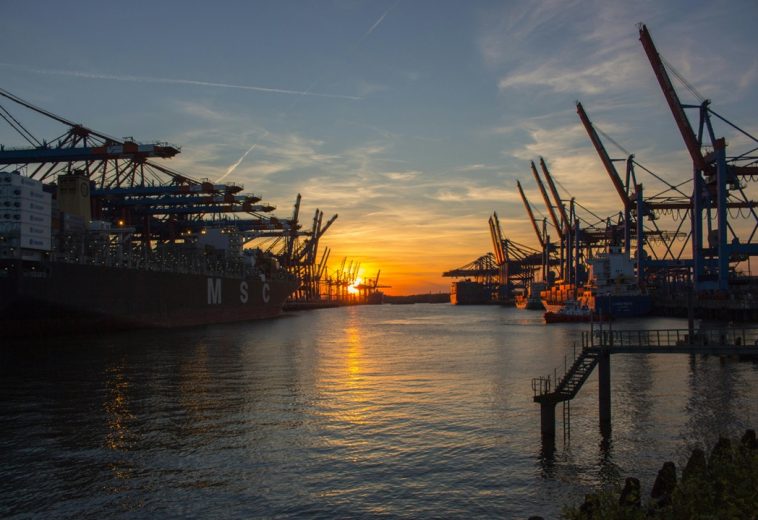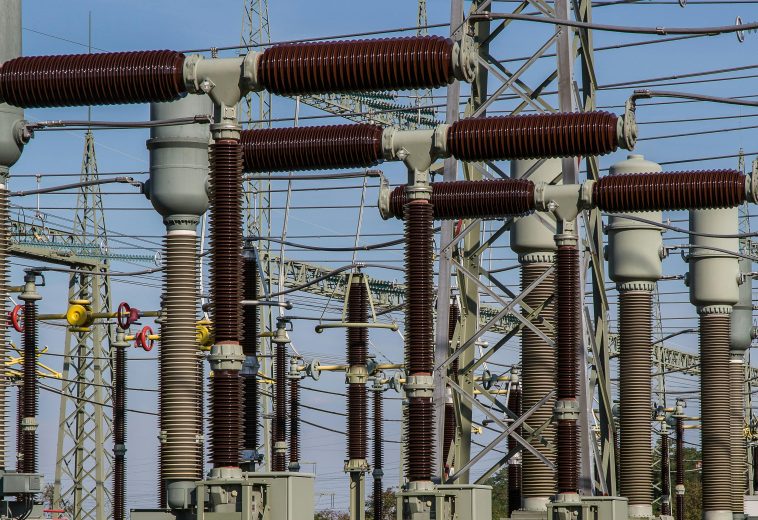In an era where globalisation and digital innovation converge, Africa’s embrace of cryptocurrency is reshaping its economic landscape, particularly in the export-import sector. The adoption of Bitcoin (BTC) and Tether (USDT) is revolutionising traditional trade practices, addressing long-standing challenges such as high transaction costs, lengthy payment processing times, and currency instability. As African businesses increasingly rely on these cryptocurrencies, they are not only optimising their trading processes but also paving the way for a more resilient economic ecosystem.
The strategic choice of BTC and USDT as preferred cryptocurrencies is rooted in their unique advantages. BTC facilitates decentralised, borderless payments, enabling rapid cross-border transactions that bypass traditional banking intermediaries, which often burden businesses with excessive fees and delays. Meanwhile, USDT provides a stable alternative amid Africa’s frequently volatile currencies, helping businesses maintain consistent pricing and mitigating risks associated with currency fluctuations. Together, these cryptocurrencies streamline payment logistics, enhancing efficiency and reducing operational disruptions in supply chains across the continent.
READ ALSO: Fintech and Crypto: Bridging the Gap in Women’s Financial Inclusion
Countries like Nigeria are at the forefront of this crypto revolution, taking legislative strides to integrate digital assets into their economic frameworks. The 2025 Nigerian Investment and Securities Bill, poised to redefine the legal status of cryptocurrencies, exemplifies this progressive shift. By formally recognising crypto assets, the bill aims to create a safer and more conducive environment for digital trading. Nigeria’s cryptocurrency landscape has evolved markedly, with the government striving to balance regulation and innovation, particularly after previous regulatory crackdowns. The new bill not only modernises existing laws but also fosters fintech innovation, offering diverse investment avenues that cater to the growing interest in digital assets.
Despite the promising landscape, significant challenges remain in integrating cryptocurrencies into trade across Africa. High transaction fees associated with traditional bank transfers, regulatory uncertainties, infrastructural deficiencies, and concerns about security and fraud continue to pose risks. Additionally, cryptocurrency volatility can deter potential users from fully embracing digital assets. However, proactive measures such as improved regulatory frameworks, robust cybersecurity protocols, and increased public education can help mitigate these concerns.
The newly proposed regulations under the Investment and Securities Bill are crucial in fostering a secure crypto ecosystem. By empowering the Nigerian Securities and Exchange Commission to oversee digital assets, the bill seeks to enhance transparency and investor protection—key factors in attracting both local and international investment. Moreover, leveraging blockchain technology for transaction transparency and security can build trust among trading partners and safeguard against fraud. As businesses adapt to the evolving landscape, legislative clarity and technological advancements could further incentivise crypto adoption.
Africa’s future in cryptocurrency looks promising as businesses and governments collaborate to integrate BTC and USDT seamlessly into trade practices. The continued evolution of legal frameworks and accelerated technological adoption could significantly enhance the continent’s global trade competitiveness. With Nigeria leading the charge, the potential for cryptocurrency to drive economic growth and diversification is becoming increasingly evident. This transition not only redefines trade practices within Africa but also strengthens the continent’s position on the global economic stage, fostering innovation, resource control, and strategic partnerships.




